
AI data transparency shapes shopping behavior
A new survey of over 1,000 US consumers looks at how holiday shopping behavior is impacted by brand management of personal data in AI systems.
The study from Relyance AI suggests Americans are entering the gifting season emotionally depleted and digitally exposed, with most planning to shop online. But feeding more personal data into systems during periods of high stress and emotional depletion sets the stage for a fragile purchasing environment.
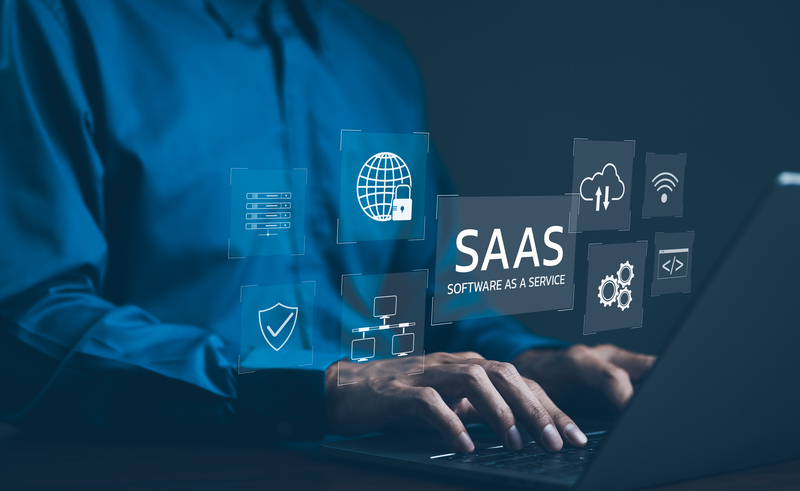
Why SaaS apps are a prime target for attackers [Q&A]
Attackers will always use tactics that are proven to work and with more business turning to SaaS for their systems obviously these apps are on the cybercriminal’s radar.
We spoke to Martin Vigo, lead offensive security researcher at SaaS security company AppOmni, to explore the reasons why SaaS apps are such fertile ground for attackers.

Hospitals struggle with visibility of connected medical devices
A new survey of CISOs at North American hospitals finds that 43 percent identified complete device visibility as the challenge they would most want to solve immediately, followed by ransomware threat detection (24 percent) and compliance automation (22 percent).
The study from Asimily also uncovered fragmentation in how hospital security teams approach vulnerability remediation. Only 22 percent of hospital CISOs base their prioritization on device usage and criticality, which is the most effective method for focusing resources on the highest-risk assets. Meanwhile, 18 percent rely on manual review and 15 percent report having no clear process at all for addressing IoMT (Internet of Medical Things) vulnerabilities.

Increased workloads, strategic influence and technical focus -- CISO predictions for 2026
The task of the CISO has historically been an underappreciated one. But as businesses wake up to the fact that cybersecurity issues can represent a threat to the entire business it has taken on more significance.
Here’s how a range of industry experts see the future for CISOs and their role as we head into 2026.

87 percent of enterprises are ready to switch productivity suites
IT leaders are unhappy with their productivity current setup and are forced to manage an average of over nine different tools. This is why, according to a new study, 87 percent of IT leaders will consider changing from their current productivity suite to adopt a more unified and secure platform.
The research from JumpCloud in collaboration with Google Workspace is based on a survey of 250 US IT leaders from enterprise organizations. Its findings show that IT teams are urgently searching for a new platform to make work simpler and more secure.
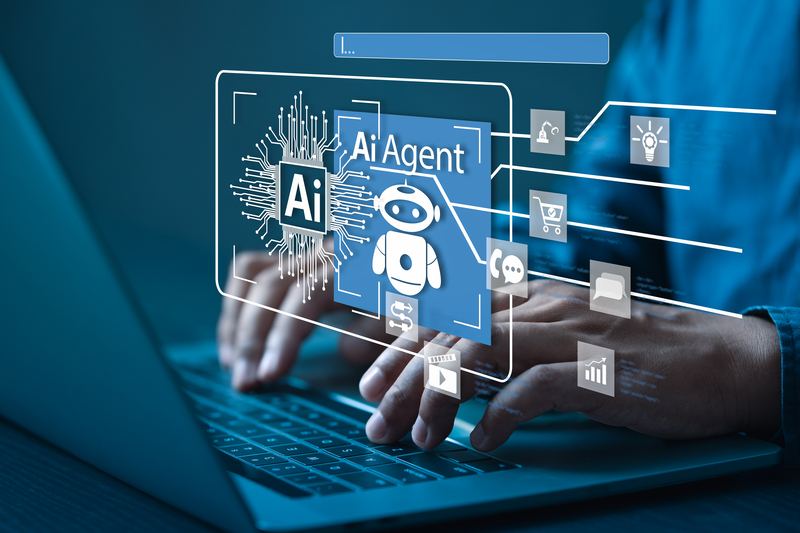
Generative simulators allow AI agents to learn their jobs safely
As AI systems increasingly shift from answering questions to carrying out multi-step work, a key challenge has emerged. The static tests and training data previously used often don't reflect the dynamic and interactive nature of real-world systems.
That’s why Patronus AI today announced its ‘Generative Simulators,’ adaptive simulation environments that can continually create new tasks and scenarios, update the rules of the world in a simulation environment, and evaluate an agent's actions as it learns.

Over half of public vulnerabilities bypass web application firewalls
According to a new report 52 percent of public vulnerabilities bypass leading web application firewalls (WAFs). Yet over 91 percent of bypassed vulnerabilities can be mitigated when rules are tailored with AI for the actual vulnerability and application context instead of generic attack patterns.
The report from Miggo Security is based on analysis of a sample of 360+ CVEs for WAF testing across leading WAF vendors.
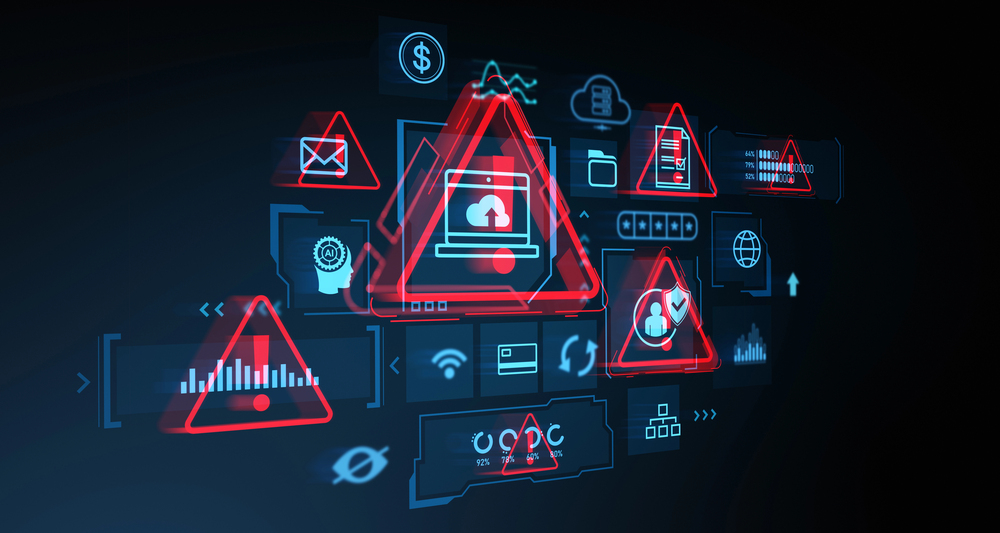
Most schools underprepared for cybersecurity threats
A new report from endpoint management company Action1 shows cyber incidents have become the norm in schools worldwide, with most IT leaders now adopting a more realistic view of their cybersecurity readiness.
But despite rising budgets, persistent staffing shortages and structural barriers continue to leave learning environments exposed to increasingly sophisticated threats, especially AI-driven phishing and ransomware.
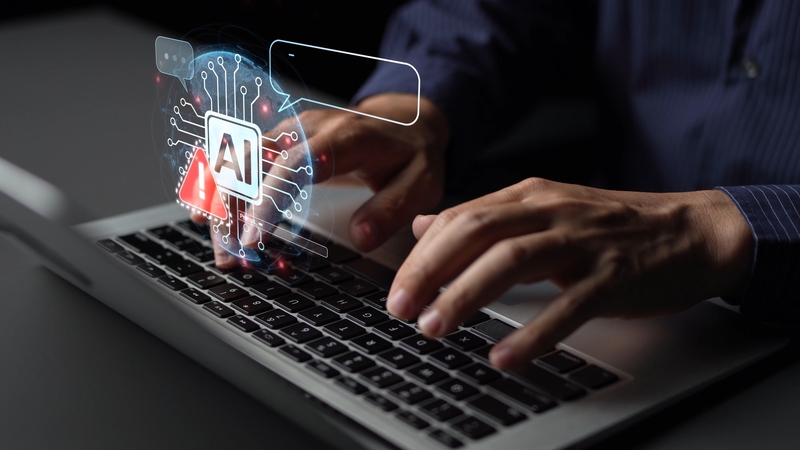
Less than a quarter of organizations are securing AI-generated code
A new report reveals that 95 percent of organizations now rely on AI tools to generate code, yet only 24 percent apply comprehensive IP, license, security, and quality evaluations to that AI-generated code.
The study from Black Duck shows that that organizations without strong dependency management, automation, and SBOM validation are already falling behind on their ability to detect and remediate critical issues.

Mass registration of fake online shops originates from China
A new campaign uses mass registration of fake online shop domains to impersonate legitimate retailers, facilitate financial fraud, and in certain instances, distribute malware through counterfeit checkout systems and redirect payloads.
Identified by the research division of BforeAI, analysis of the campaign’s registration and DNS telemetry indicates a well-structured operation with distinct clusters, primarily originating from Chinese infrastructure providers and utilizing domain privacy services to obscure attribution.

Citizen developers dominate, the rise of AI, code as the new Latin -- development predictions for 2026
Software development, perhaps more than any other area of IT, has seen a major impact from the rise of AI. It’s become easier for anyone to develop apps but that doesn’t come without risks.
Industry experts look ahead to what we can expect to see in the development space, from AI and more, as we head into 2026.

Governing AI where work actually happens [Q&A]
Enterprises are rushing to embrace AI copilots and browser-based assistants, but most struggle with governing how employees actually use them. Sensitive data gets uploaded, prompts leak strategy, and risky extensions run unchecked, all outside the reach of traditional network or app-layer controls.
We spoke to Michael Leland, field CTO at Island, to discuss why the UI surface is becoming the most strategic security layer as SaaS and AI copilots flood enterprise workflows.

Practical quantum, encryption risk and government regulation -- quantum computing predictions for 2026
It’s the time of year again when industry executives like to peer into their crystal balls and try to predict what the future might hold.
We’ll kick off this year’s roundups with a look at quantum, something which has been hovering on the edge a major breakthrough for a few years now but, so far, has always seemed to be just out of reach from a commercial perspective. Is that set to change in 2026?

Chainguard aims to improve stewardship of mature open source projects
What happens to open source projects when they reach maturity? When a project has fulfilled its purpose and become foundational to customer workloads, it no longer requires a roadmap of sweeping changes. What it needs is safe, predictable maintenance after the creators have moved on.
However, it remains essential that stays OSS safe and supported when its maintainers are ready to step away, or the project no longer needs constant upkeep. To address this challenge Chainguard is launching EmeritOSS, a model for supporting mature open source projects and long-term OSS sustainability for the community.
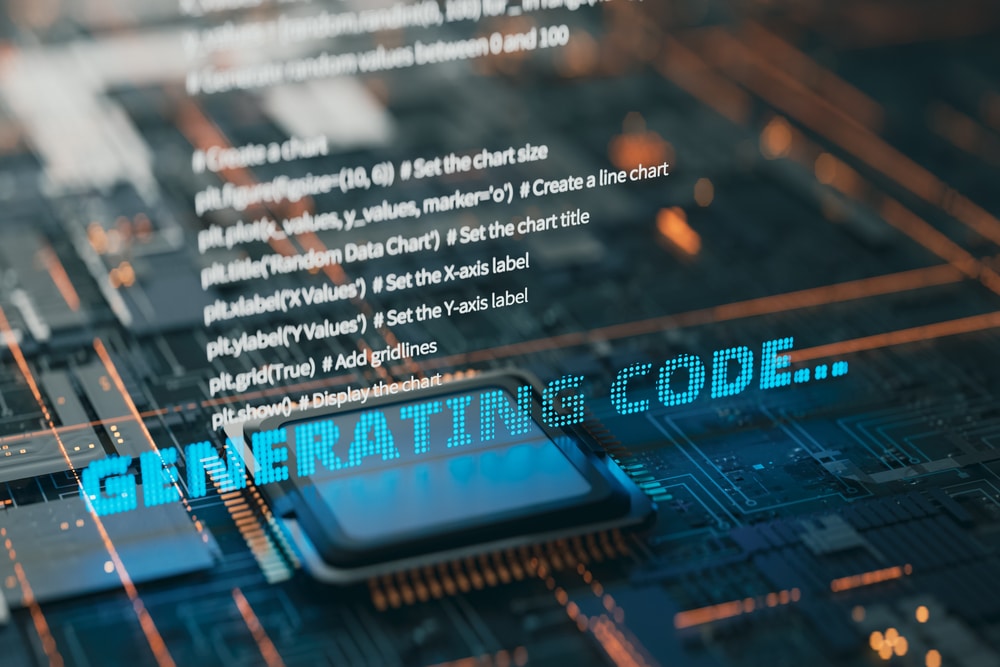
Zencoder aims to end vibe coding and bring engineering discipline
While chat interfaces have popularized AI coding, uncoordinated agents can produce ‘slop’ -- code that looks correct but fails in production or degrades with iteration.
To address this problem Zencoder is introducing its new Zenflow app, a free orchestration platform designed to transition the industry from ‘vibe coding’ to AI-first engineering.

